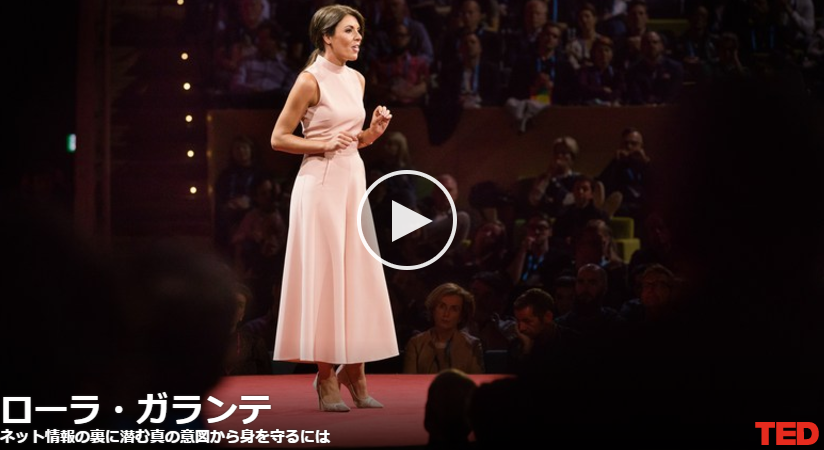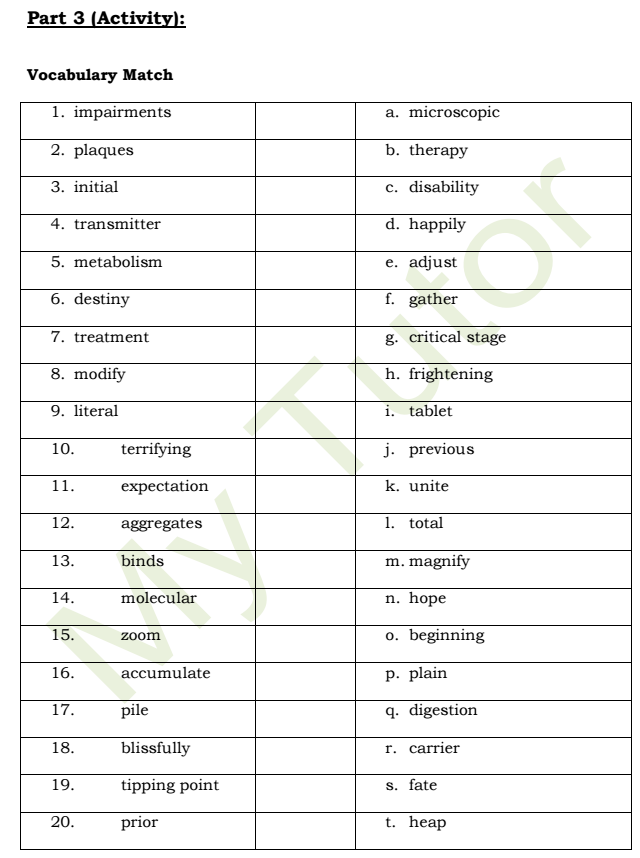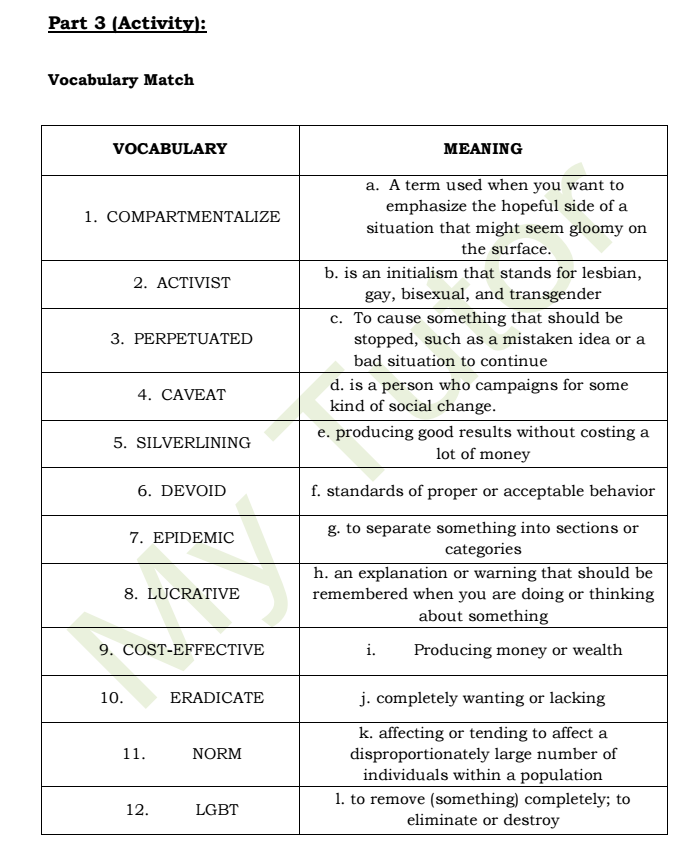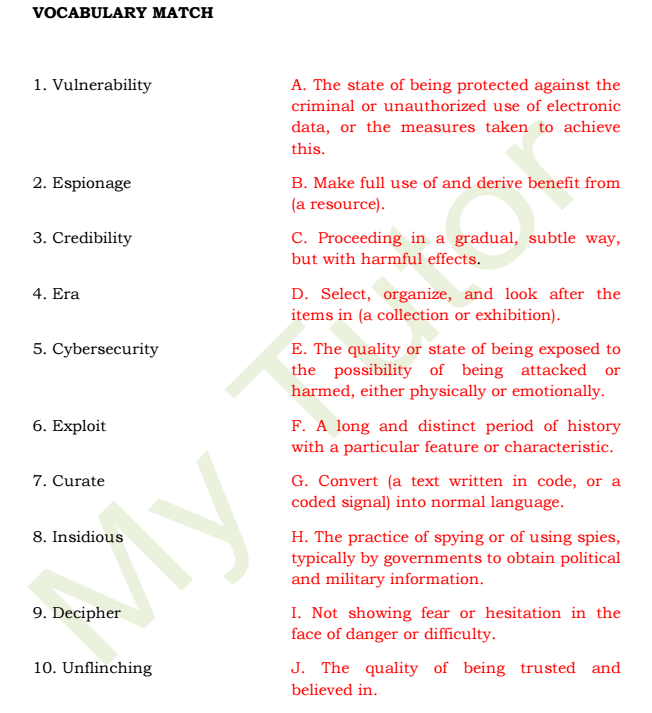
▮ What are Gerunds? 動名詞
動名詞は文の補語や主語、目的語、そして前置詞の目的語となるという
名詞的な性質を持っています。
また、目的語を続けたり、副詞で修飾されるという動詞的な性質も持っています。
動名詞を使うことで、1つの文の内容を短く簡単に表現することができます。
「動名詞」を使いこなせばスコアアップは間違いありません!

動詞 + “ing”
例 teach + ing = teaching
Teaching is my passion. 教えることは私の情熱です。
この場合、動名詞”teaching” は 文の中で主語の働きをしています。
主語になれるのは名詞なのでteachingは名詞の働きをする動名詞ということになります。
▮ How to know if it functions as a noun in a sentence?
文の中で名詞の働きをしているかを調べる方法
“Who” または”What”で始まる疑問文の答えになれば名詞の働きであることが分かります。
What is your passion? の質問の答えは Teaching is my passion. になりますので、
Teachingは名詞の働きを持つと言えます。
他の例を挙げましょう。
Sheila loves to go mountain-climbing during spring.
シェイラは春に山登りに行くのが大好きです。

この場合、”climbing ”は “mountain ”といっしょになり、動詞として使われておりません。
“climbing” は動名詞の名詞化したもので 名詞+名詞の構造です。
確認のために疑問文を使って解答してみます。
What does Sheila love to do during spring?
解答は
Sheila loves to go mountain-climbing during spring. になりますから、
名詞としての働き(動名詞)があることがわかります。
▮ When to use Gerunds? 動名詞の働き
主語になる動名詞 : 文の中の主語として動名詞を使います。
例: Smoking is dangerous to your health.
Diving is not allowed in this pool.
▮ 補語になる動名詞: 主語がどういうものなのかを説明するのは補語の役割
例: My hobbies is reading books.
主語はmy hobby(私の趣味)で、それがどういうものかを、
動詞のing形を使った reading books (本を読むこと)で表しています。
The hardest thing I can do right now is trying to sleep early.
▮ 目的語になる動名詞: Phrasal verbs (句動詞)の後にくる動名詞
《参考》Phrasal verbs (句動詞)とは動詞+前置詞(副詞)のかたまり、
日本語で言う「熟語」と同じ意味ですが、英文法用語では「句動詞」と呼びます。
例: He kept on asking me for advice.
I gave up trying to impress you all time.
Note : 不定詞を使わないように注意すべき表現
“to” を伴う句動詞の後は動名詞を使う(不定詞は使えない)
look forward to, to take to, to be accustomed to, to get around to, & to be used to.
to につられて動詞の原形を続けないように注意する
正 I look forward to seeing you soon. (I look forward to it)
誤 I look forward to see you soon.
正 I am used to being with you all the time. (I am used to it)
誤 I am used to be with you all the time
▮ 前置詞後に動名詞を使う
例: I love to be good at writing.
私は書くことが得意です。
この文では、前置詞atの直後にwritingというing形が続いています。
前置詞の直後には名詞が来るので、このwritingは、
名詞の働きをする動名詞です。
このように、動名詞は前置詞の目的語として使うこともできます。
I can make it happen after experiencing all the dilemmas.
▮ compound nouns.(複合名詞)に動名詞を使う
例 : Denise invited me over to taste her mouth–watering dish.
デニスは彼女のおいしそうな料理をごちそうするために私を招きました。
Scuba-diving is one of the activities I want to try.










